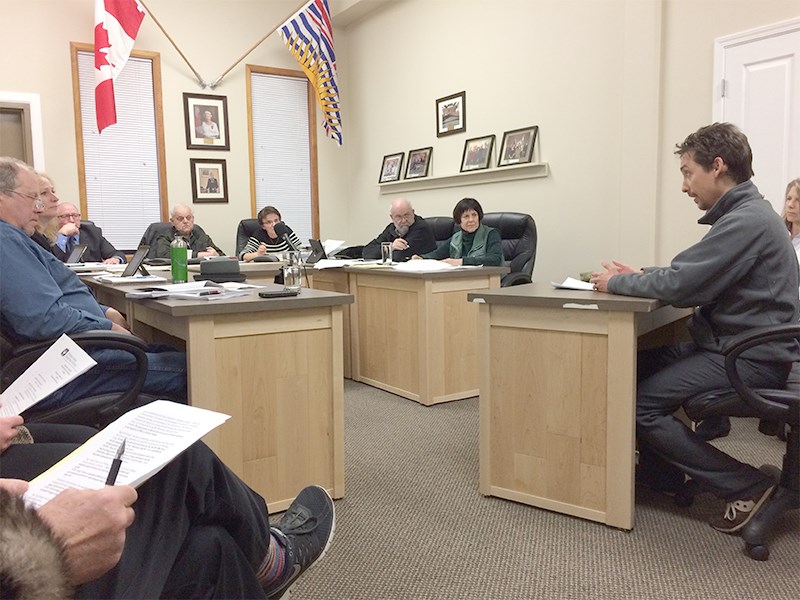A recently announced fund to widen broadband internet access in rural Canada may help close Powell River’s last holes in coverage, says the author of three commissioned reports on the region’s service gaps.
In December, Powell River computing consultant Joseph McLean presented his third report on the subject, following one in 2009 and another in 2011, to Powell River Regional District’s committee of the whole. According to McLean’s report, the state of broadband for rural internet users in 2017 looks promising, though coverage blackout areas remain.
“I wouldn’t say the numbers have changed, but the reality on the ground has really improved,” said McLean.
He said he found a few instances in rural areas where customers were paying less than city residents for comparable service.
“Things have equalized to a great extent,” said McLean. “It’s not all perfect, but one of the main indicators, monthly cost, has come down in the rural areas and crept up in the city. It’s reached a balancing point.”
Still, areas near Lund, Malaspina and Craig roads, Saltery Bay and on Texada Island outside of Van Anda and Gillies Bay, were identified as not yet having accessible broadband service.
Electoral Area C director Colin Palmer described McLean’s report at the regional district’s meeting as “timely and brilliant.”
McLean’s report was completed and presented just a week before the Canadian Radio-television and Telecommunications Commission (CRTC) declared broadband internet a basic service.
The national regulator announced targets for internet providers to work toward boosting service and speeds in rural and isolated areas. It also announced the development of a $750-million infrastructure development fund for providers to access to help cover the cost of extending service over the next five years.
McLean said the CRTC has been looking at making the service declaration for some time, describing the issue of providing broadband service to rural Canadians as one that goes back almost 20 years. He described the CRTC’s approach as “even-handed.”
“I appreciate that the CRTC thinks it can get better results out of industry from encouraging rather than giving marching orders,” added McLean.
An adequate number of potential customers residing in the observed gap areas may mean that, with help from the fund, those gaps can be filled, he said.
“Affordable internet access is especially important to rural residents because they don’t have access to the free services we have in town,” said McLean. “If you’re low income and rural, it’s a double whammy.”



